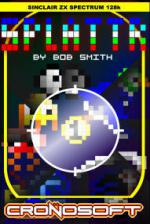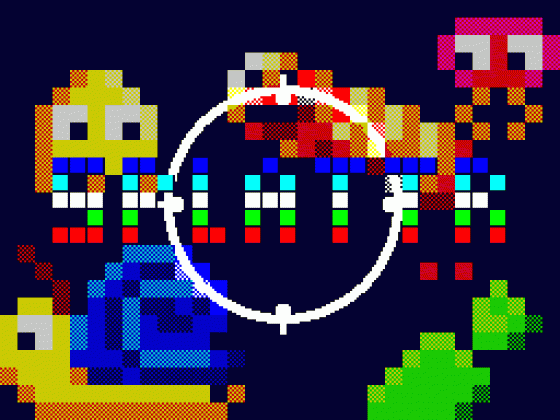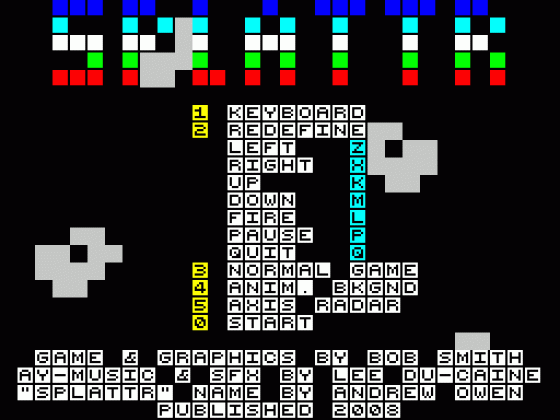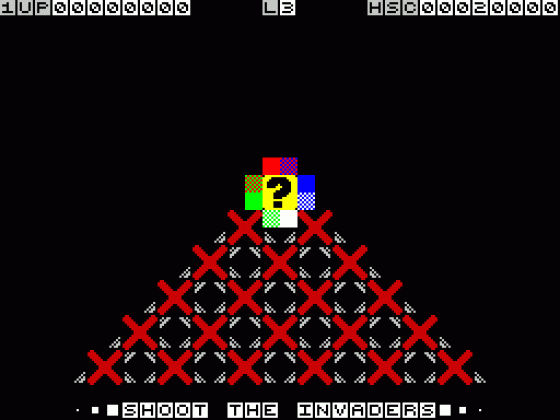
Micro Mart
 10th December 2009
10th December 2009
Categories: Retro Gaming
Author: Shaun Bebbington
Published in Micro Mart #1085
This week, Shaun tries to answer the one question that may have crossed the minds of many a bemused reader in the past...
Retro Mart: Why Retro?
It started with a simple e-mail exchange with someone I knew well, and indeed spent many hours programming and gaming with during my school days. Soon into the conversation he asked me an obvious question, but not one that has been thrown my way before: "What is the appeal of the older technologies? Does it have any real-world usage?" This certainly got me thinking. I couldn't think of one reason, because there are many. With this in mind, I thought I'd share my answers with you.
Personal Computing
The abbreviation 'PC' specifies or implies the format that a piece of software, be it an application or operating system, will work on, and this generally means a computer running Windows. Its actual meaning, at least in computing terms, is 'Personal Computer', and it is this that is so important: cutting my teeth in a multi-format era with many different formats, retro computing is personal on many levels.
There is a certain feeling of familiarity that you will get from using the same computer as you did 20-ish years ago - even if you throw in an upgrade or two, as nothing changes radically to change things beyond recognition. I've been saved on several occasions thanks to my Commodore 128 when I've had major Windows PC failure. I've been able to write for this very magazine with the applications geoWrite, and the MS DOS disk reader/writer geoDOS. Of course, I had to transfer everything through a 3.5" floppy diskette, but that doesn't have to be the case now, since I could use SD or MMC cards or even an Ethernet connection. There is a word processor for the Atari 8-bit, called The Last Word, which will do the same job, and Atari users too have several options for file sharing between it and more modern platforms.
As a writer, I require a word processor with minimum fuss. MicroSoft's new office suite might look nice, aside from the annoying and counter-intuitive 'ribbon', and I can almost guarantee that I'll never use 95% or more of its features professionally or personally.
The Spec Remains The Same (Mostly)
Generally speaking, there are two groups of 'homebrew' game programmers today: the ones that use a Windows, Linux or Mac-based machine to 'remake' classics games, and those who create something original on classic machines. Programming is an art in itself, but the constantly changing nature of a modern machine makes things a whole lot easier (for the programmer).
A typical 8-bit coder has quite a different set of challenges to overcome in order to achieve what he wants. Imagine being limited to just five, eight or no hardware sprites? If you want a lot happening on the screen at a reasonable speed, how do you do it without slowing things to a crawl? It is problems like these, dealing with the same limitations and specifications that were at one time commonplace, that lead to sophisticated solutions on unsophisticated technology. This makes for good, solid and ultimately playable (mostly 2D) games.
Although not always the case, there have always been cheap attempts to cash in with an inferior product. Fortunately, there are many good recent examples of 8-bit gaming. If it has to be real-time 3D from a first-person perspective, with 5.1 surround sound and look real, then you'd want to avoid anything that a Sinclair, Commodore, Atari or Amstrad could produce. Eye-candy is nice, but whether or not a game is better because it looks and sounds better is an argument as old as many classic 8-bits.
The most important aspect (of gaming) for me is enjoying being part of the binary game world. Thrust, for the 2600, GameX and splATTR, both for the Speccy, have given me many hours of enjoyment on that level. What I find interesting is that the 'best' Sinclair game might not have been created yet. Who knows what ideas are floating around the minds of 8-bit developers such as Bob Smith, Jonathan Cauldwell or Jason Kelk? Continued next week.
This article was converted to a web page from the following pages of Micro Mart #1085.







